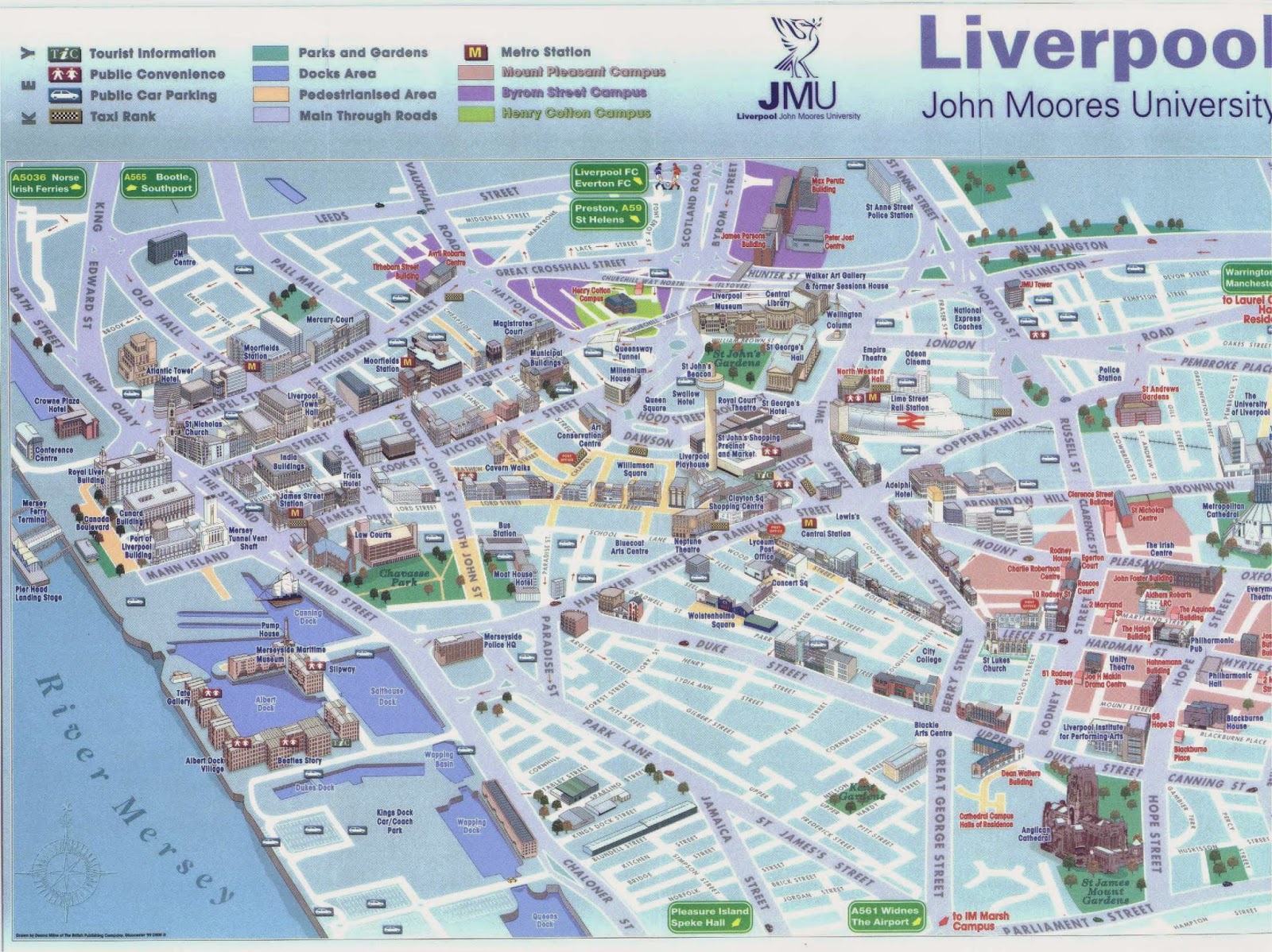When you think of Liverpool on the map of the UK, a vivid image of cultural vibrancy, musical heritage, and historical significance comes to mind. This city, located in the northwest of England, has carved out a unique identity that resonates not only within the UK but across the globe. From its iconic waterfront to its rich sporting tradition, Liverpool presents a compelling narrative that deserves exploration. In this article, we will delve into the geographical significance, historical context, and cultural landmarks that make Liverpool a vital location on the UK map.
Understanding Liverpool's place on the map is not merely about its coordinates; it is about appreciating the city’s profound contributions to industry, music, and sports. Home to The Beatles, the city has a legendary status in the world of music, while its football clubs, Liverpool FC and Everton FC, have garnered international acclaim. As we journey through the various facets of Liverpool, we will also highlight essential travel tips, historical insights, and the key attractions that make this city a must-visit destination.
Join us as we navigate Liverpool on the map of the UK, uncovering the layers of history and culture that define this remarkable city. Whether you are planning a visit or simply looking to learn more, this comprehensive guide will serve as your resource for all things Liverpool.
Table of Contents
- Geographical Significance of Liverpool
- Historical Context of Liverpool
- Cultural Landmarks in Liverpool
- Football Heritage of Liverpool
- Cuisine and Nightlife in Liverpool
- Transportation in Liverpool
- Visitor Information
- Conclusion
Geographical Significance of Liverpool
Liverpool is strategically located on the eastern side of the Mersey Estuary, making it a crucial port city. Its geographical positioning has played a significant role in its development as a center for trade and maritime activity.
- Coordinates: 53.4084° N, 2.9916° W
- Distance from Manchester: Approximately 35 miles (56 km)
- Proximity to the Atlantic Ocean: Facilitates shipping and trade
This city serves as a gateway between the UK and the rest of the world, with its docks historically being among the busiest in the country. The Port of Liverpool is a UNESCO World Heritage site, recognizing its global importance during the 18th and 19th centuries.
Historical Context of Liverpool
The history of Liverpool is rich and complex, dating back to its founding in 1207. Initially a small fishing village, it grew into a major port city by the 18th century, largely due to the transatlantic slave trade and the Industrial Revolution.
- Established as a borough: 1207
- Significant growth in the 18th century due to trade
- Key role in the Industrial Revolution
As one of the most important ports in the British Empire, Liverpool played a vital role in global trade and commerce. This historical context has shaped the city’s identity, influencing its architecture, culture, and social fabric.
Impact of the Industrial Revolution
The Industrial Revolution brought about significant changes in Liverpool, leading to rapid urbanization and population growth. The city became a hub for shipbuilding and manufacturing, attracting workers from across the UK and beyond.
- Shipbuilding: Major industry in the 19th century
- Population boom: From 77,000 in 1801 to over 600,000 by 1901
- Architectural developments: Growth of iconic buildings and structures
Cultural Landmarks in Liverpool
Liverpool is home to numerous cultural landmarks that reflect its rich history and vibrant arts scene. Here are some must-visit attractions:
- The Royal Albert Dock: A UNESCO World Heritage site, featuring museums, galleries, and restaurants.
- The Beatles Story: An interactive museum dedicated to the legacy of The Beatles.
- Royal Liverpool Philharmonic: The oldest continuing professional symphony orchestra in the UK.
- Tate Liverpool: A major modern art gallery located at the Albert Dock.
Football Heritage of Liverpool
Football is an integral part of Liverpool's identity, with two of the world's most famous football clubs calling the city home: Liverpool FC and Everton FC.
- Liverpool FC: Founded in 1892, it has won numerous domestic and international titles, including six UEFA Champions League trophies.
- Everton FC: Established in 1878, it is one of the oldest clubs in English football.
The fierce rivalry between these two clubs, known as the Merseyside Derby, highlights the passion and commitment of the local community to their teams.
Cuisine and Nightlife in Liverpool
Liverpool offers a diverse culinary scene that reflects its multicultural heritage. From traditional English dishes to international cuisine, there is something for everyone.
- Scouse: A traditional lamb or beef stew, synonymous with the city.
- International influences: Enjoy cuisine from around the world, including Indian, Italian, and Chinese.
- Nightlife: The city boasts a vibrant nightlife, with numerous bars, clubs, and live music venues.
Transportation in Liverpool
Getting around Liverpool is convenient, thanks to its comprehensive transportation network.
- Public Transport: Buses and trains connect the city with surrounding areas.
- Merseyrail: A commuter train service linking Liverpool to nearby towns.
- Liverpool John Lennon Airport: Offers domestic and international flights.
Visitor Information
For those planning to visit Liverpool, here are a few essential tips:
- Best time to visit: Spring and early autumn for mild weather.
- Accommodation: A range of options, from budget hostels to luxury hotels.
- Local customs: Familiarize yourself with local etiquette and customs for a respectful visit.
Conclusion
In conclusion, Liverpool is a city that boasts a rich tapestry of history, culture, and sporting heritage. Its geographical significance, coupled with its vibrant arts scene and culinary offerings, makes it a standout destination on the UK map. We encourage you to explore Liverpool, whether through a physical visit or by delving into its fascinating history and culture online. Share your thoughts in the comments below, and don’t forget to explore more articles on our site!
Call to Action
If you found this article informative, please share it with friends and family. Also, leave a comment to let us know your experiences or any questions you may have about Liverpool.


